Understanding online Google reputation case studies can provide valuable insights into how your business can transform a crisis into a success. Your company's reputation management is necessary to maintain consumers' trust and perception.
Additionally, it can also aid in practical crisis management by taking the immediate action required to mitigate damage. This is much needed in today's competitive world, as your digital footprint will be the first impression many potential customers have of you.
How your company is perceived online can impact its success or failure. Numerous companies have demonstrated how to manage crises effectively through practical strategies that improve their online reputation. Let's read to know more in detail.
Understanding Business’s Online Reputation
The online reputation encompasses what your customers think about your business, services, products, and overall behavior. It is gauged through several essential parameters, ranging from brand equity, market share, customer satisfaction, and Google reviews.
Such factors can be influenced both offline and online by strangers and even your loyal customers. If people speak positively about you through feedback and Google reviews, it can demonstrate that you have a solid online reputation.
However, when you receive negative reviews, it may affect your sales, conversions, and other aspects. You can always buy Google reviews to balance out these positive and negative review cycles, while also learning how some big brands managed to turn their Google damage into success using practical strategies.
Reputation Recovery Case Studies Of Actual Brands
Listed below are some actual brands' reputation recovery case studies to fix their Google damages:
-
The Passenger Removal Situation Of United Airlines
This example is a stark illustration of how a company's online reputation can be severely damaged in a matter of minutes. A viral video of a United Airlines flight from Chicago to Louisville in 2017 became a PR nightmare for the company.
The passengers were in their allocated seats when the flight attendant requested that four passengers surrender their seats in exchange for a payment of $1,000 and board the next flight.
When every passenger refused, the airline chose them, and one passenger objected and, with the help of airport security, he was dragged off the plane. The video went viral, receiving 6.8 million views, along with unique likes, shares, and comments on every social media platform.
The company lost millions of dollars, and people started to boycott the airlines.
Reputation Recovery - The airline handled this disaster by publicly apologizing and admitting that no one should be treated in such a manner. They also implemented some significant company-wide policy changes, including increasing the compensation amount to $10,000 in the event of a voluntary flight change, reviewing their staff's training, and ensuring that no passenger will be forcibly removed from a flight.
-
Racial Bias Case Of Starbucks
Two African-American men were arrested in 2018 in Starbucks, PA, as trespassers as they waited for a person. The case put the coffee chain under the spotlight of the country where people wanted to boycott the brand.
Due to this fact, the online reputation of the company was in danger, especially regarding the issue of racial bias that it embraces.
Reputation Recovery - Starbucks did not waste time; on the contrary, it recognized the extent of the problem and attempted to restore its image. It issued a prominent apology, stating that it deeply regretted the event and expressed that such an event would never happen again.
It even went ahead and decided to shut down more than 8000 of its stores in the US one afternoon to teach and train its staff on how not to be racist. Their transparent communication provided them with the opportunity to change a negative perception into a positive one.
-
Tesla Public Statements Case
In 2018, Tesla faced significant reputation damage due to a series of erratic public statements issued and behaviors demonstrated by the company’s then-CEO. It also included a tweet about taking the company private at $420 per share, which resulted in an SEC investigation.
Reputation Recovery - The CEO publicly apologized for the behavior and also acknowledged the impact it had on the company’s employees and shareholders. To avoid an SEC investigation, he decided to step down from the CEO position and pay a fine.
Additionally, the company shifted its focus back to Tesla’s primary business—product development — to regain investors’ confidence.
Conclusion
There are PR nightmares or bumps that every brand (both small and big) will have to face once in a while. Still, transparent, quick, and authentic reputation management will help your company recover more quickly and holistically.
This article's real-world brand examples will teach you how to properly manage your internet reputation and stay ahead of the competition. Another way is buying Google reviews, particularly from buyreviewz and positive ones, and posting them on your GBP page so that you can balance out the consumer's disappointment.
At the same time, you plan out a proper strategy to handle the situation.
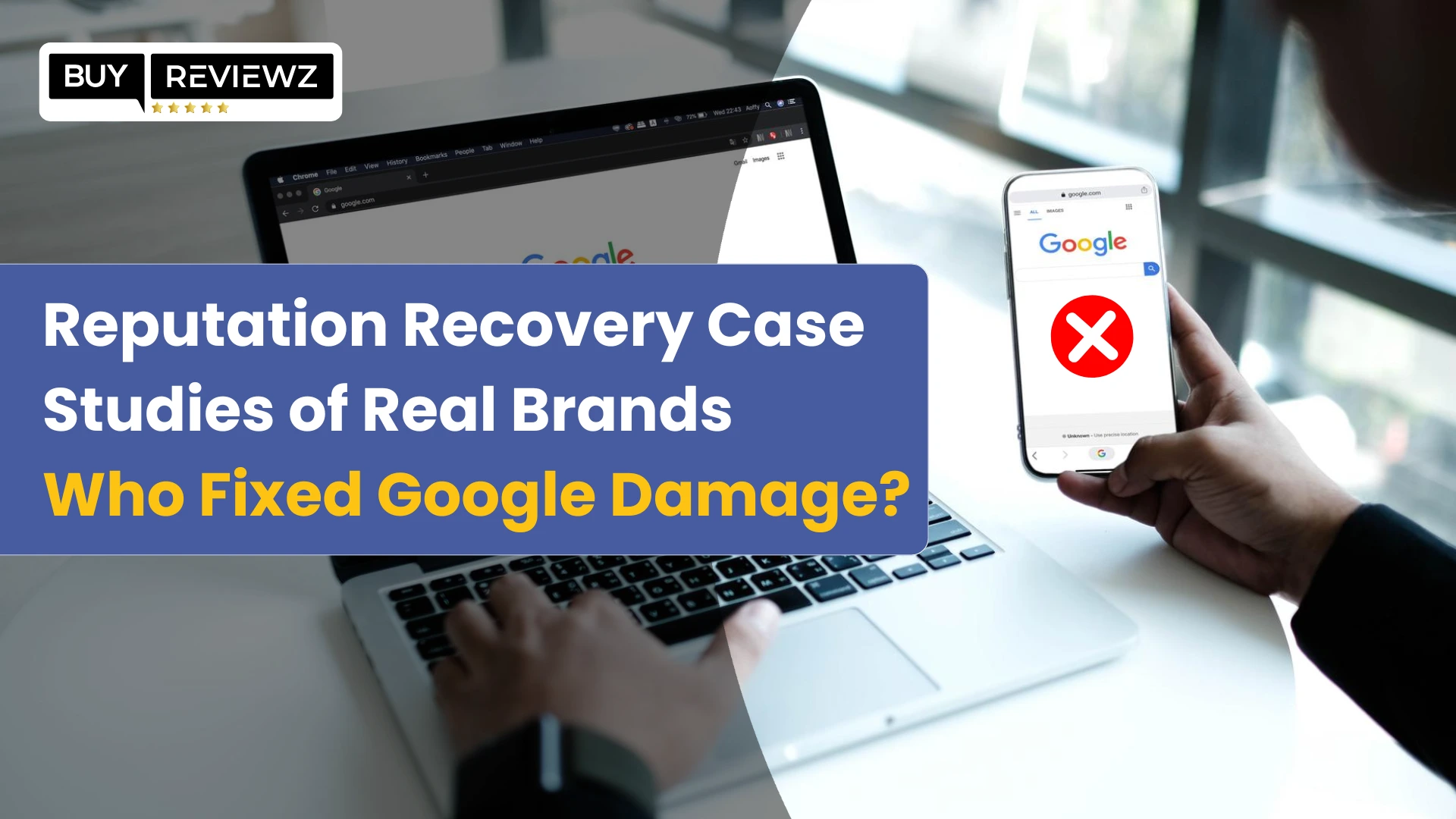


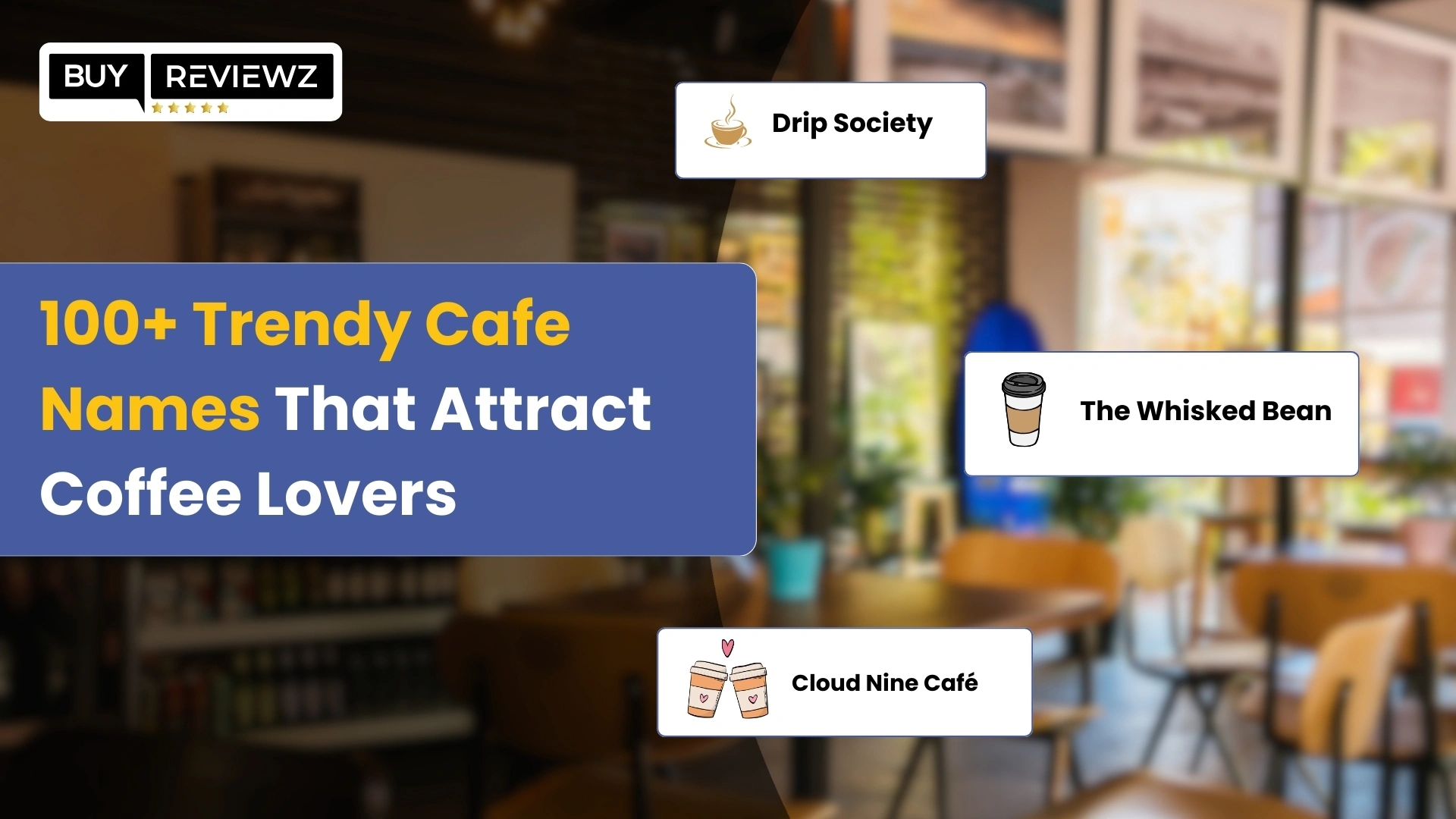

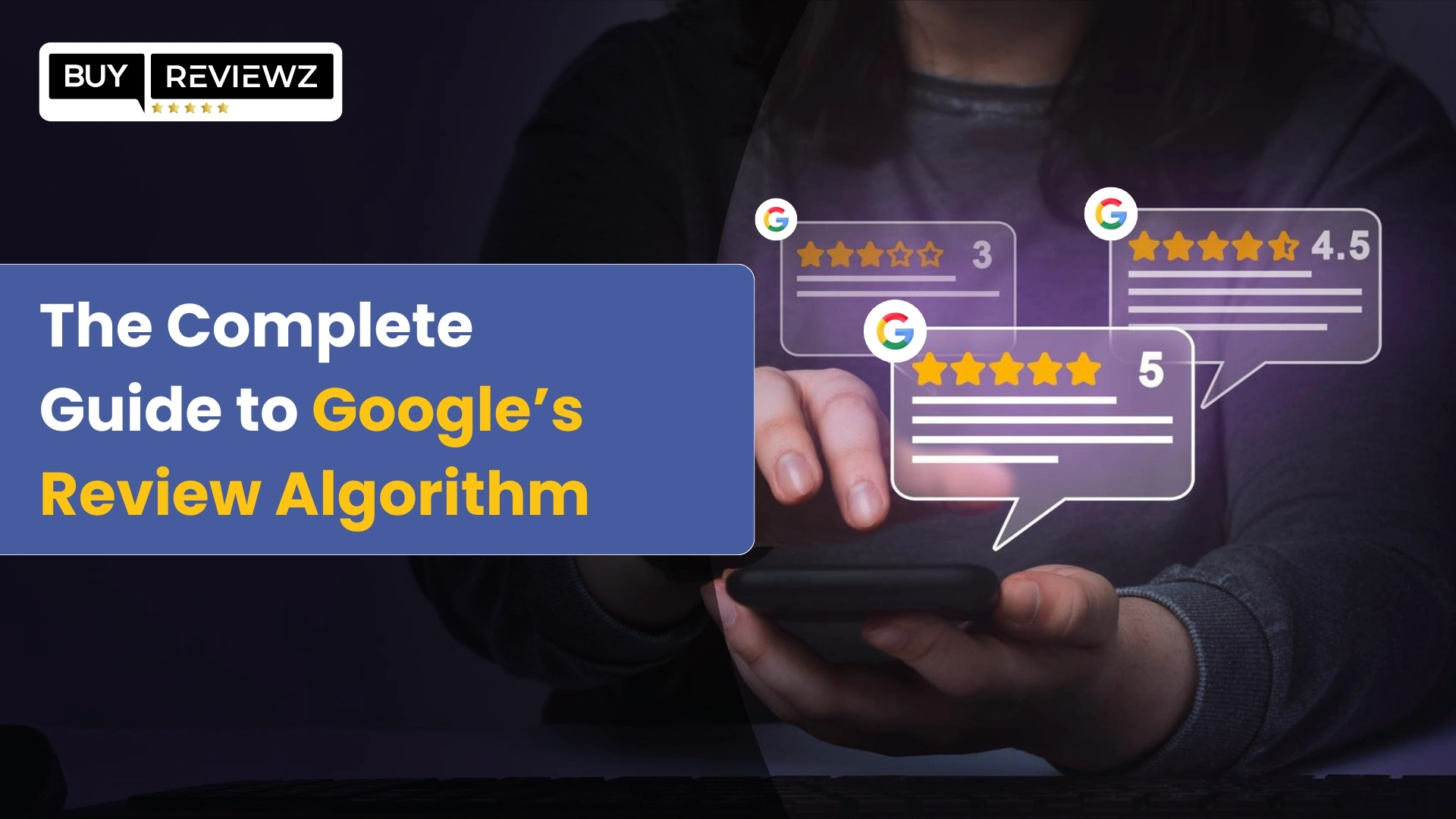
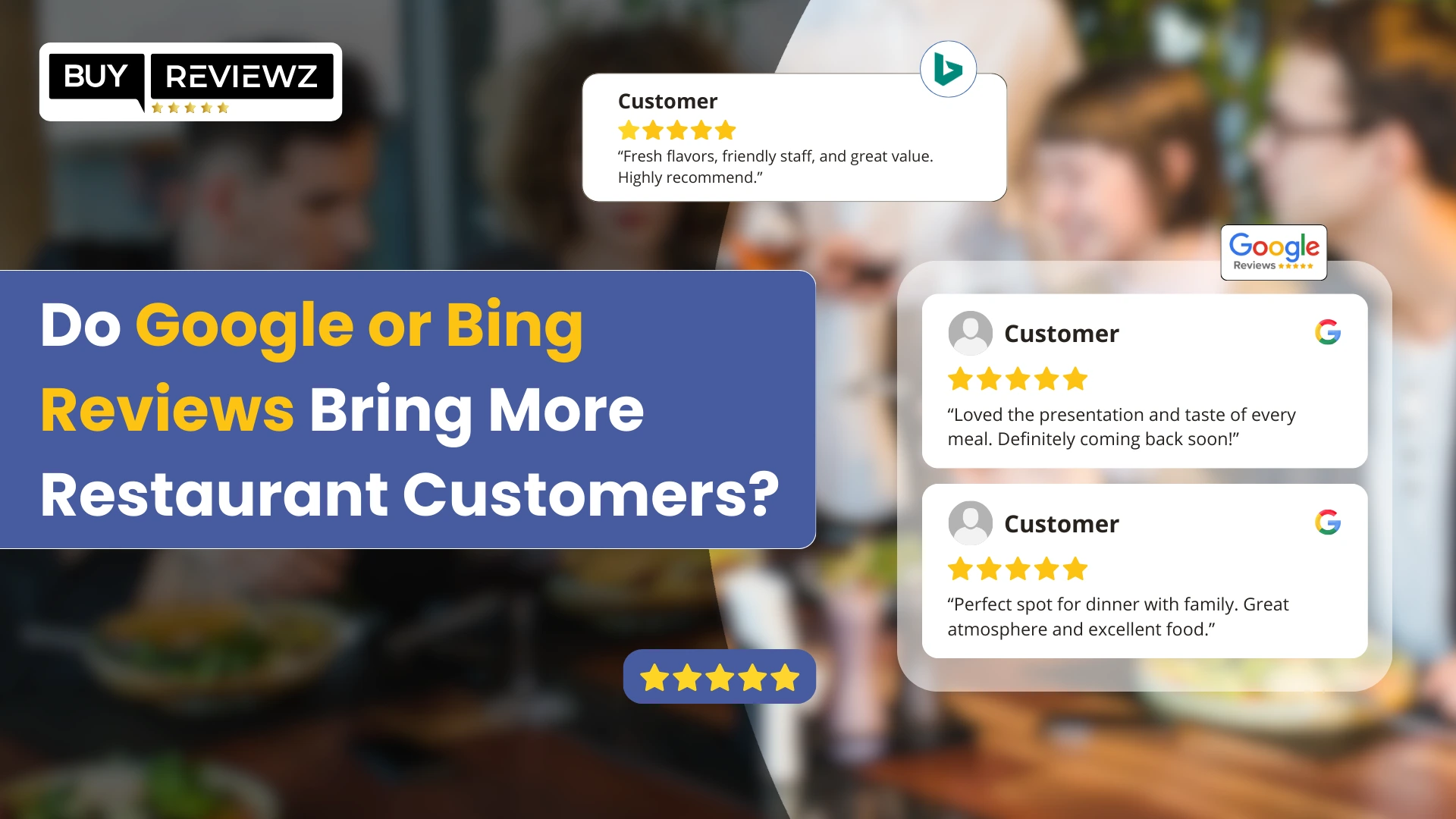
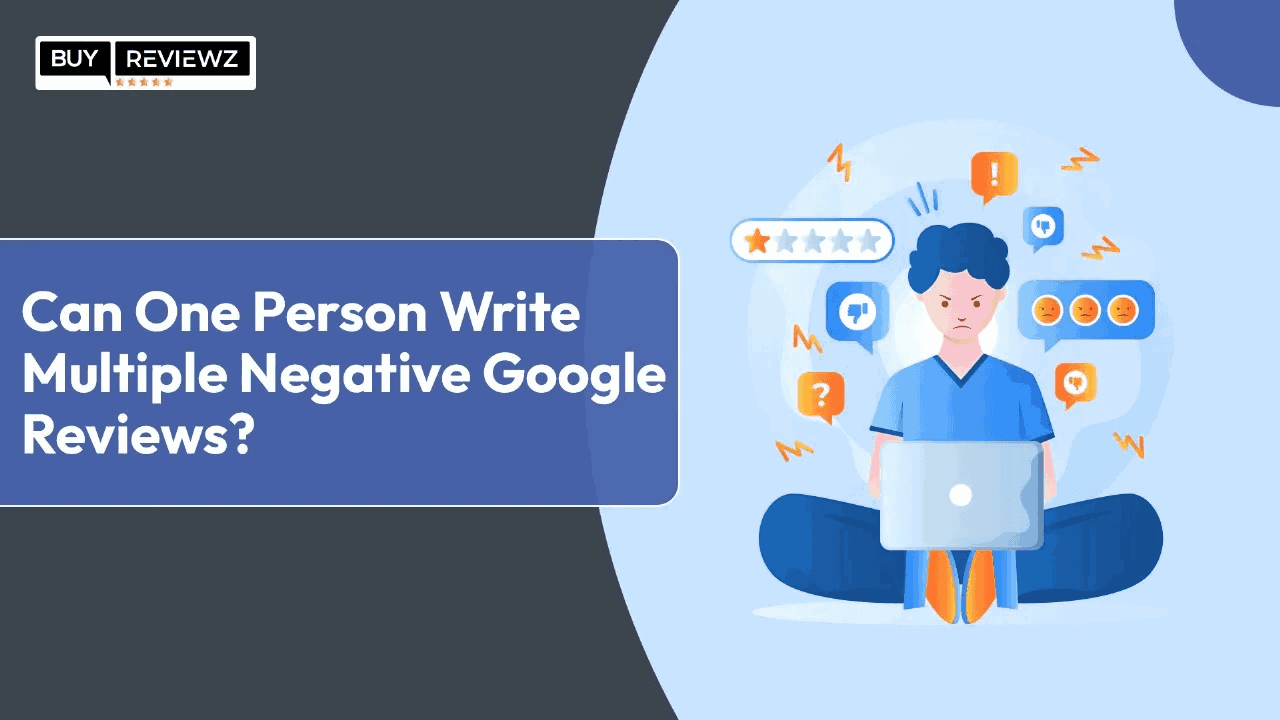 Can One Person Write Multiple Negative Google Reviews?
Can One Person Write Multiple Negative Google Reviews?
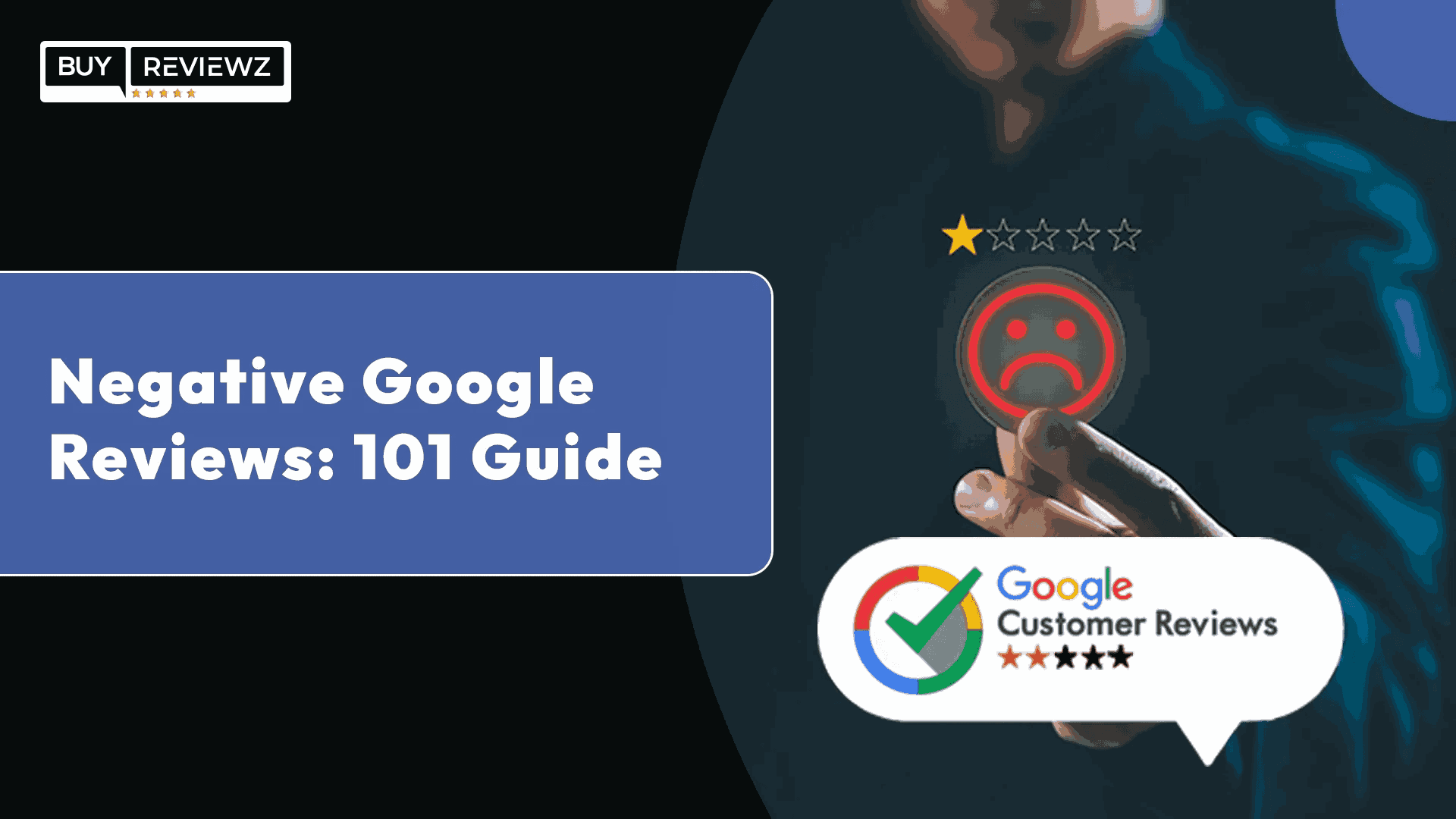 Negative Google Reviews: 101 Guide
Negative Google Reviews: 101 Guide
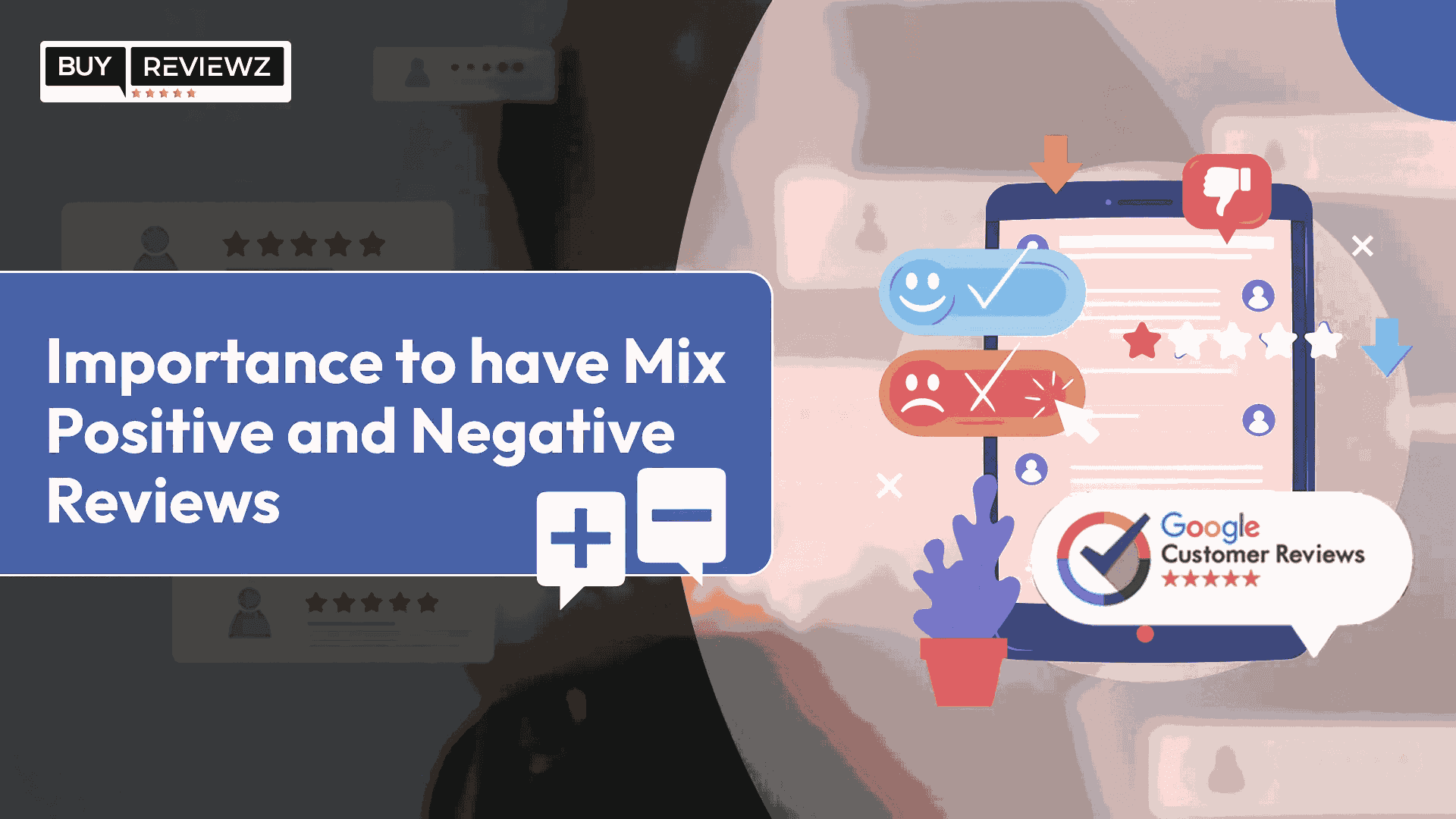 Importance To Have Mix Positive And Negative Reviews
Importance To Have Mix Positive And Negative Reviews